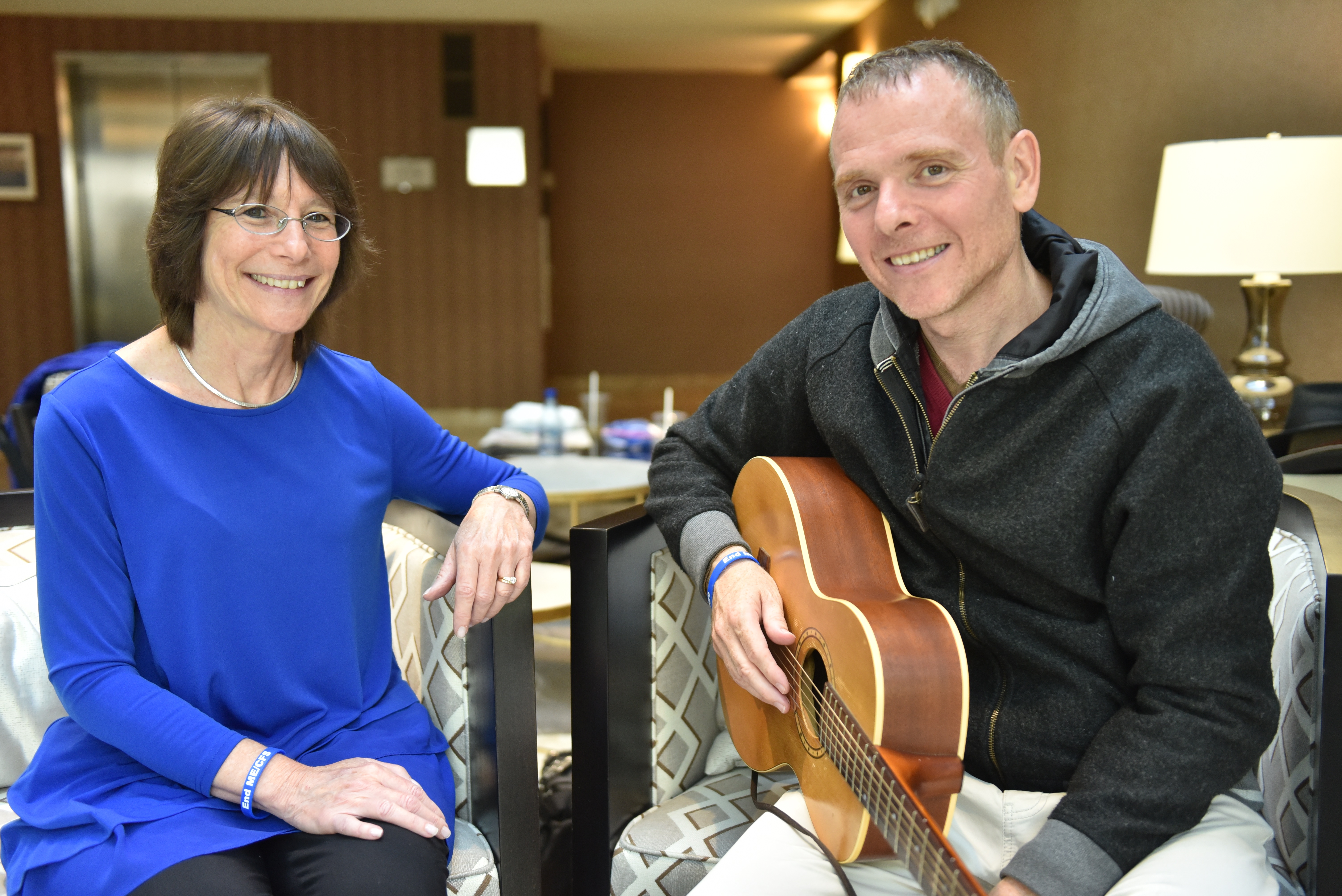Sometimes people experience a profound fatigue that won’t go away no matter how much they rest and try to recover. And often that feeling of utter exhaustion includes migraines, dizziness, cognitive impairment, orthostatic intolerance, unrefreshing sleep, worsening of symptoms after exertion, and widespread pains and chronic infections.
This disease – which is recognized by the National Institutes of Health – is called myalgic encephalomyelitis/chronic fatigue syndrome, or ME/CFS, and it affects more than 2 million people in the U.S. alone as well as 17 to 20 million people around the globe. The NIH defines it as follows: “ME/CFS is a serious, chronic, complex and multisystem diseases that frequently and dramatically limits the activities of patients.
“In its most severe form, this disease can consume the lives of those whom it afflicts.” (NIH, 2015) It’s also been recognized by CNN medical correspondent Dr. Sanjay Gupta in a recent Turning Points episode as a serious disease.
So if rest won’t help, what will? How will people affected by profound fatigue and other symptoms thrive once more?
As the mother of a sick teenager who came down with this disease, I decided to do something to help find a cure after I found there is no diagnostic test, no treatment, and even worse, no recognition of the disease in most of the medical community. After my daughter’s health improved, I started a nonprofit, Open Medicine Foundation (OMF), to raise funds and invest in research to cure ME/CFS.
That was six years ago. Since then, OMF has raised more than $15 million, started two collaborative research centers – one at Stanford and the other at Harvard – and engaged a team of scientists that includes three Nobel laureates and several members of the National Academy of Scientists. This disease is being looked at from every scientific angle: genetic, the immune system, metabolic, and even the brain and bacteria in the gut.
Recently, we funded our second annual symposium at Stanford University with a three-day working group for scientists and a full day of presentations for our community of clinicians, patients and caregivers. Three hundred people attended the community event and over 4,800 from around the world streamed the event live. And to inspire even more people to help us find a cure, we recently enlisted Stuart Murdoch, front man for the popular Scottish indie band, Belle and Sebastian, to become an OMF Ambassador.
So if your fatigue has lasted more than six months, and if you experience some of the symptoms I’ve listed here, you may have ME/CFS and may wish to ask your doctor about it and/or find a patient support group in your area www.omf.ngo/resource-center/.
Sometimes rest is not enough to thrive. But as long as OMF is leading research into this terrible disease, be assured, there is hope for a cure.


